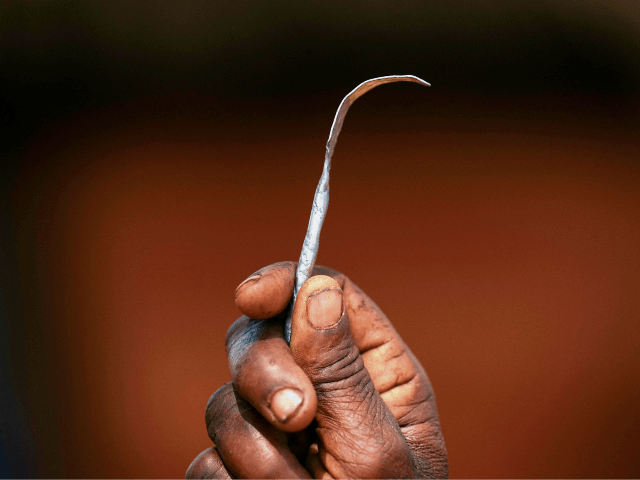Sweating is the body’s way of cooling itself. The human body has approximately 2-4 million sweat glands found all over the body, except on the nails, ears, lips and vagina. And though vagina itself cannot sweat, the area around it can. Apocrine glands are responsible for sweat in the groin region and under the armpits. Compared to men, women have more sweat glands, and a high concentration of apocrine glands around the vagina on the labia majora.
The sweat from apocrine glands contains protein. Bacteria break down this protein which produces a distinct odor. Excessive sweating in the groin region may cause itching and in some cases infections, such as bacterial vaginosis and vaginal yeast infections which give rise to strong, fishy odor in the genital area. And if we learn the causes of excessive sweating we can predict the prevention methods.
Read More: 5 Must Know Tips For A Healthy Vagina
Causes and Prevention of Sweaty Vagina
Common Causes for Sweating around the Vagina
Some possible causes of sweaty genital area are:
Exercise
One of the situations where an individual sweats more is during exercise or any other form of vigorous physical activity. The exercises that focus on legs, such as running and cycling, cause more sweat in the lower half of the body, mainly the groin region.
Non-breathable underwear
Wearing non-breathable underwear during lower body workout results in irritation and excessive sweating in the groin region, which leads to infections and unpleasant odor.
Pubic hair
Pubic hair traps bacteria and moisture in the groin region. If pubic hair is not regularly trimmed and washed, it causes the apocrine glands to secrete excess sweat around the vagina and lead to infections.
Read More: 7 Effective Natural Remedies to Prevent Vagina Swelling During Pregnancy
Poor hygiene
Personal hygiene is something we all need to concentrate on. Not bathing or showering regularly, and ignoring the cleanliness of the groin region can lead to inflammation of the vaginal area, which can cause vaginal odor.
Mainly, during the menstrual period, pads and panty liners create excess heat in the pubic region, causing more sweat and foul smell.
Body weight
Females carry most fat around the stomach, hips and thighs which naturally are prone to more sweating. More fat in these areas locks the heat and results in excessive sweating.
Diet
The food we eat defines the body we carry. Anything that we eat has an effect on our body. There’s some evidence that consuming food like onion, coffee, asparagus, and certain spices in large amounts produce vaginal odor.
Now as we are familiar with the causes, let us look into the prevention methods.
Ways to Prevent Sweating of the Vagina
The vagina is self-cleaning, but what we need to focus on is the cleanliness of the vulva region.
- Using cotton based and breathable underwear help reduce the production of excess sweat.
- Wearing athletic underwear during lower body workout.
- Taking shower soon after exercise or any sweaty physical activity.
- Trimming or completely waxing the pubic hair to avoid excess heat formation and bacterial infections.
- Bathing regularly and concentrating on the cleanliness of the pubic area.
- Changing pads, panty liners or tampons in every 3-4 hours, or using eco-friendly and health friendly menstrual cups that help in reducing sweat production in the groin region.
- Following a healthy diet and decreasing the consumption of food products that cause vaginal odor.
- Avoiding tight clothing, such as jeans and leggings.
- Washing the vulva thoroughly with warm water and drying with clean towel.
- Avoid using chemical and scented soaps in the pubic region which can irritate and affect the sensitive skin around the vulva.
An individual should consult a doctor if they experience,
- Itching of the vagina or vulva that lasts for several days
- Foul-smelling gray/white discharge
- Frequent urination
- Continuous sweating even after cleaning the area
All these signs may be a result of bacterial vaginosis, and yeast infections and should be treated as soon as possible.
Reference
https://www.medicalnewstoday.com/articles/323719.php













